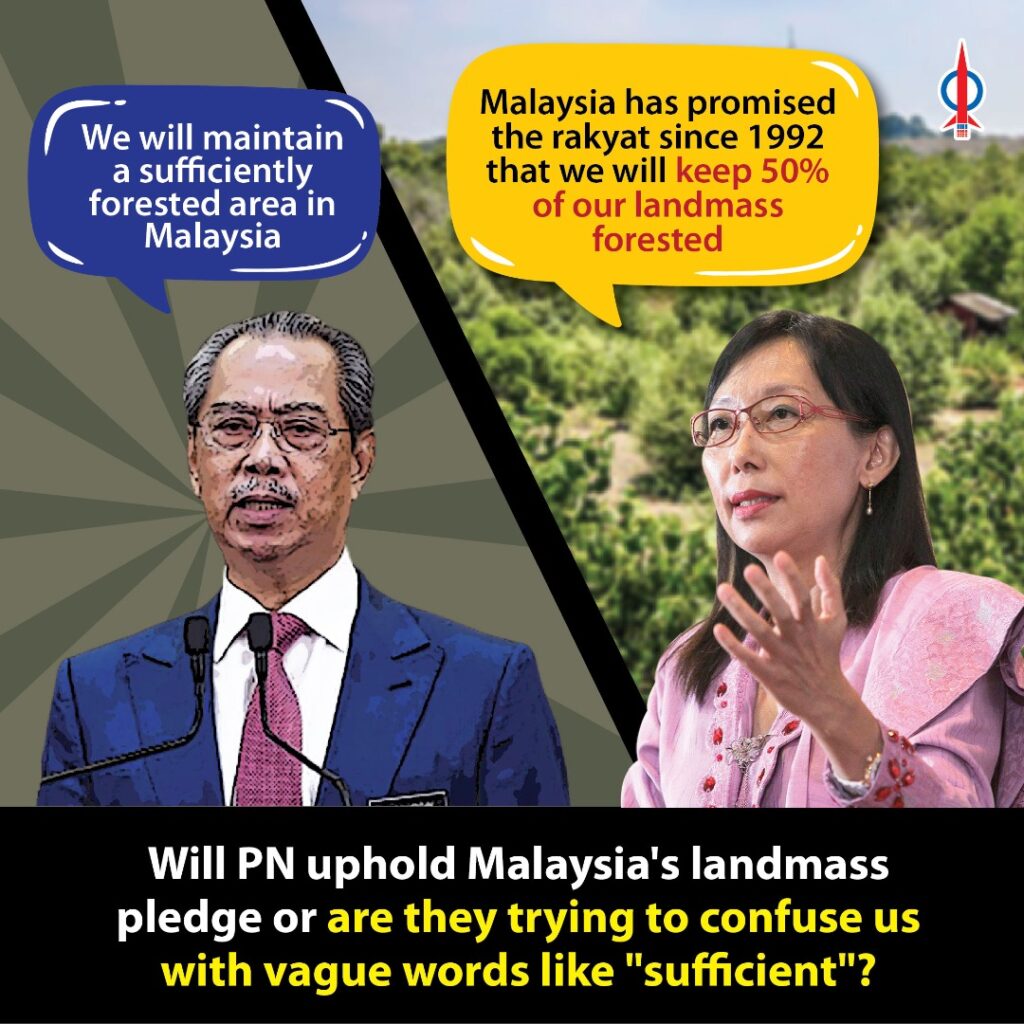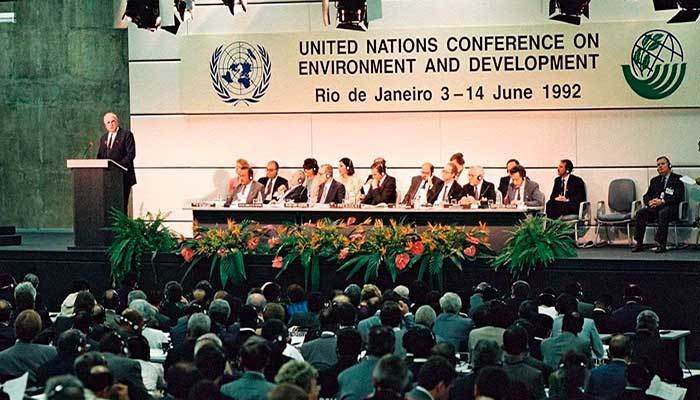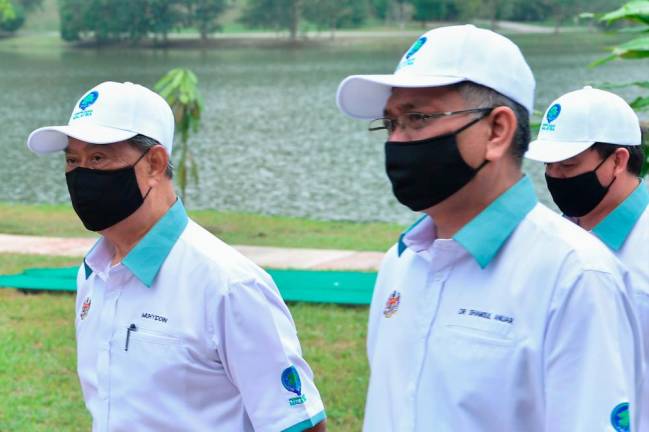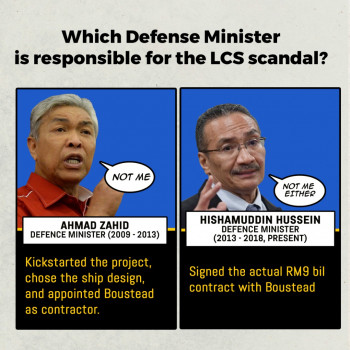
The Malaysian Forestry Policy (MFP) 2021 was launched in conjunction with the International Forestry Day on March 21 with the introduction of the Malaysia Forest Fund as the latest funding instrument.
It is indeed a policy of significance since it is a policy document that is truly national in its sense compared to the previous National Forestry Policy 1972 (revised 1992) that in effect only applies to Peninsular Malaysia.
However, as with any policy, the devil is in the details of this 11-page document that was developed and deliberated since 2016.

Despite the Barisan Nasional government pledging to the world that it would retain 50% of its landmass as forests at the Earth Summit in 1992, nevertheless, the policy revision exercise in 1992 has somehow overlooked this commitment.
And it would seem that this commitment is still not making it to the latest revision of this foremost forestry policy of the country after nearly 30 years.
The word 50% appeared once in the MFP: in the background section which merely stating that up to today, Malaysia has maintained its Rio’s commitment.

And nowhere in the policy that this commitment is clearly stated that it would be continued. So what we get from a 5 years’ exercise is a vague document that failed to lay out the way forward on this well-known pledge that is often repeated at every other international meetings and mandatory reporting to the relevant conventions such as the United Nations Framework Convention on Climate Change and the UN Convention on Biological Diversity.
There is no implementation timeframe for the policy except allusion to its alignment with the Shared Prosperity Vision 2050.
Notwithstanding the fact that both the Prime Minister Tan Sri Muhyiddin Yassin and Minister of Energy and Natural Resources Datuk Seri Dr Shamsul Anuar Haji Nasarah were both declaring that Malaysia will uphold this pledge, in fact it gets more confusing when one of the five objectives of the policy stated that ‘sufficient forested area that is managed well for biodiversity conservation and ecosystems services will be ensured’

Such a weak policy will only invite speculations and fuel further doubts of the country’s landuse policies in the context of environmental protection as well as the sustainability of its timber, palm oil and rubber products.
The country has invested money, time and efforts to correct its image internationally but gains from such efforts will be cancelled out if we fail to support them with clear domestic policies.
Teresa Kok
Member of Parliament for Seputeh



